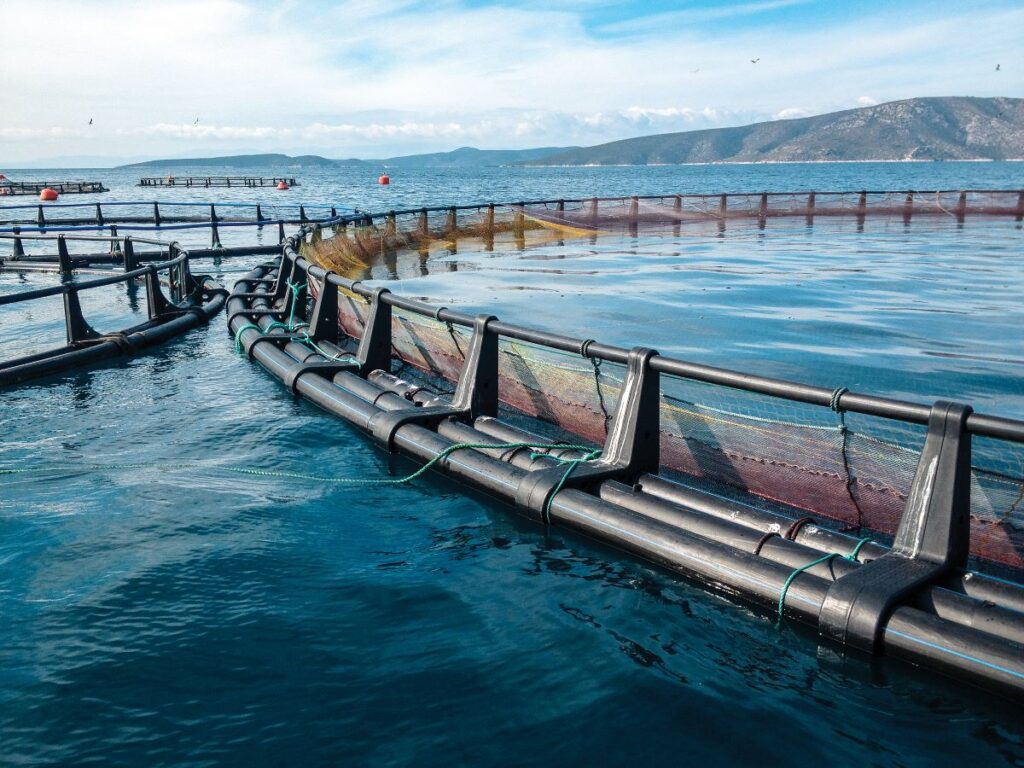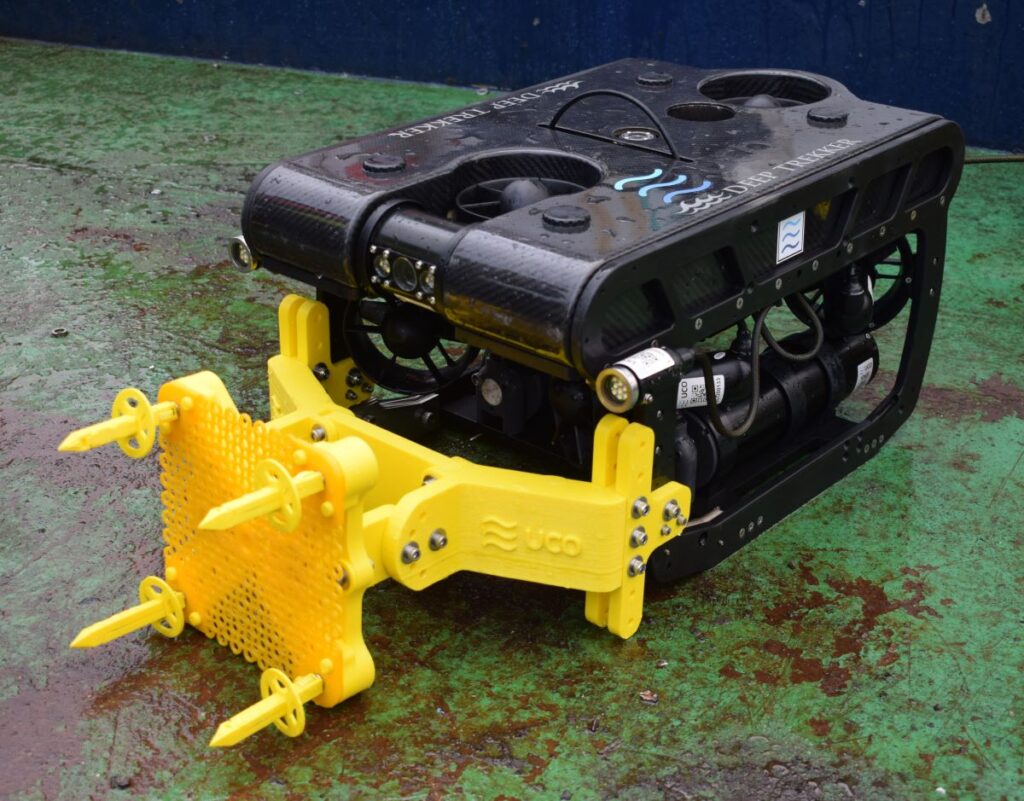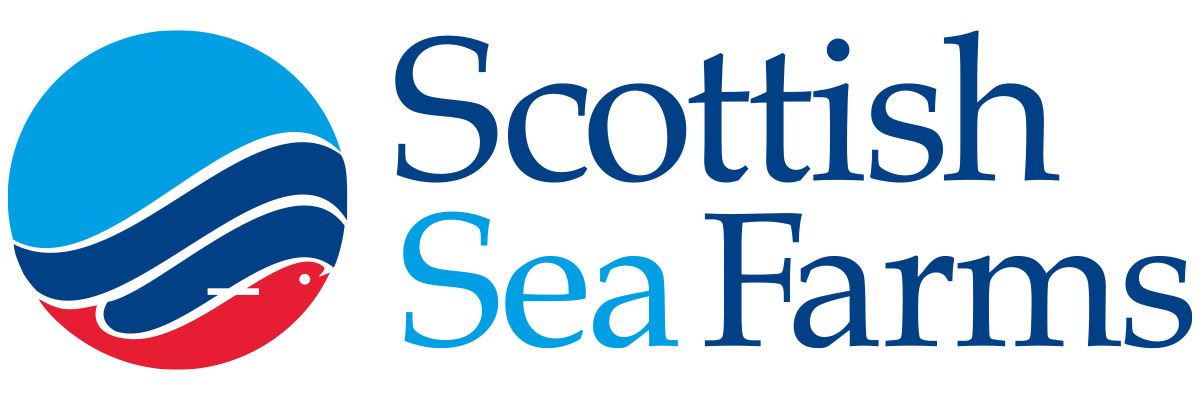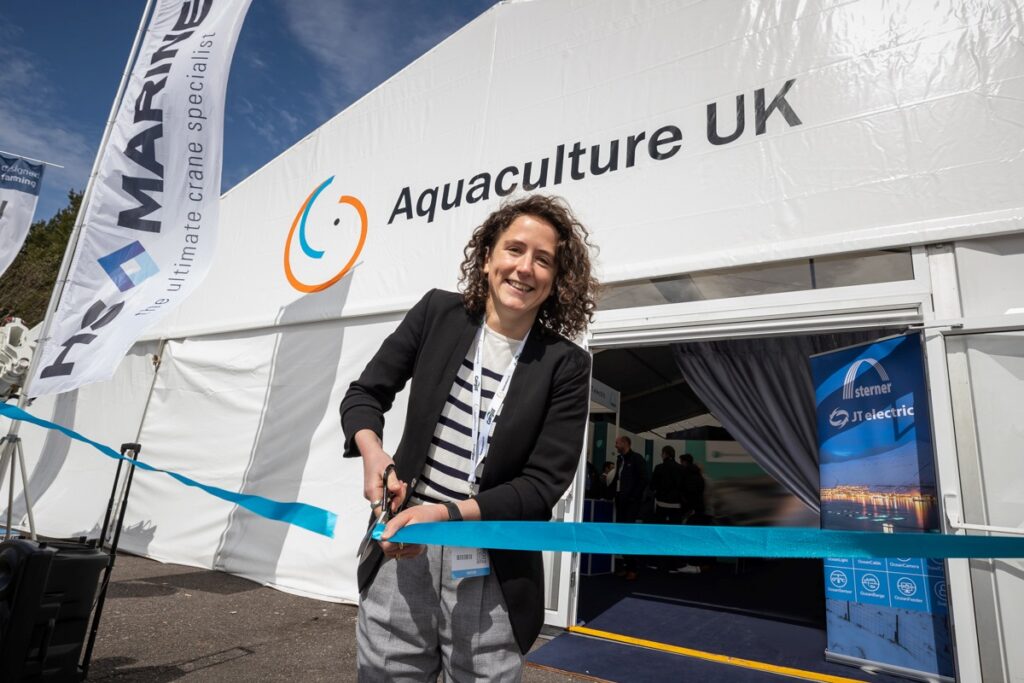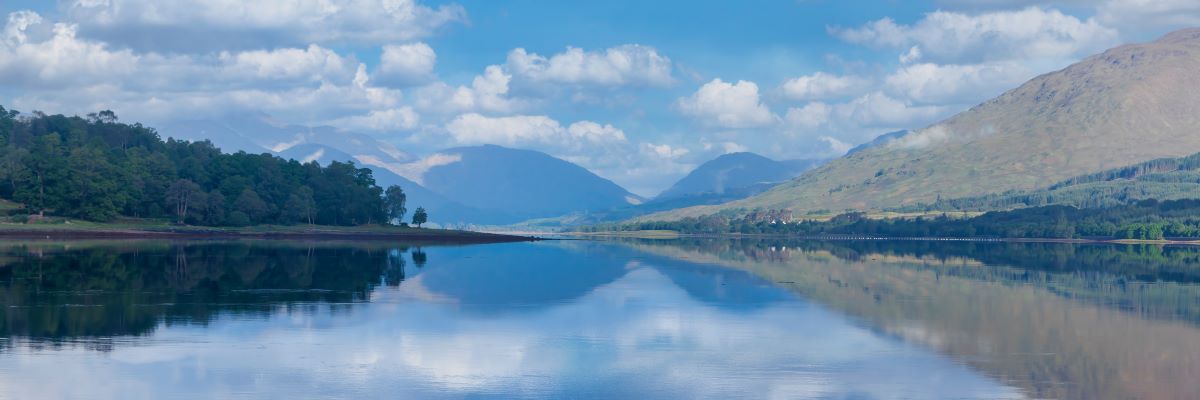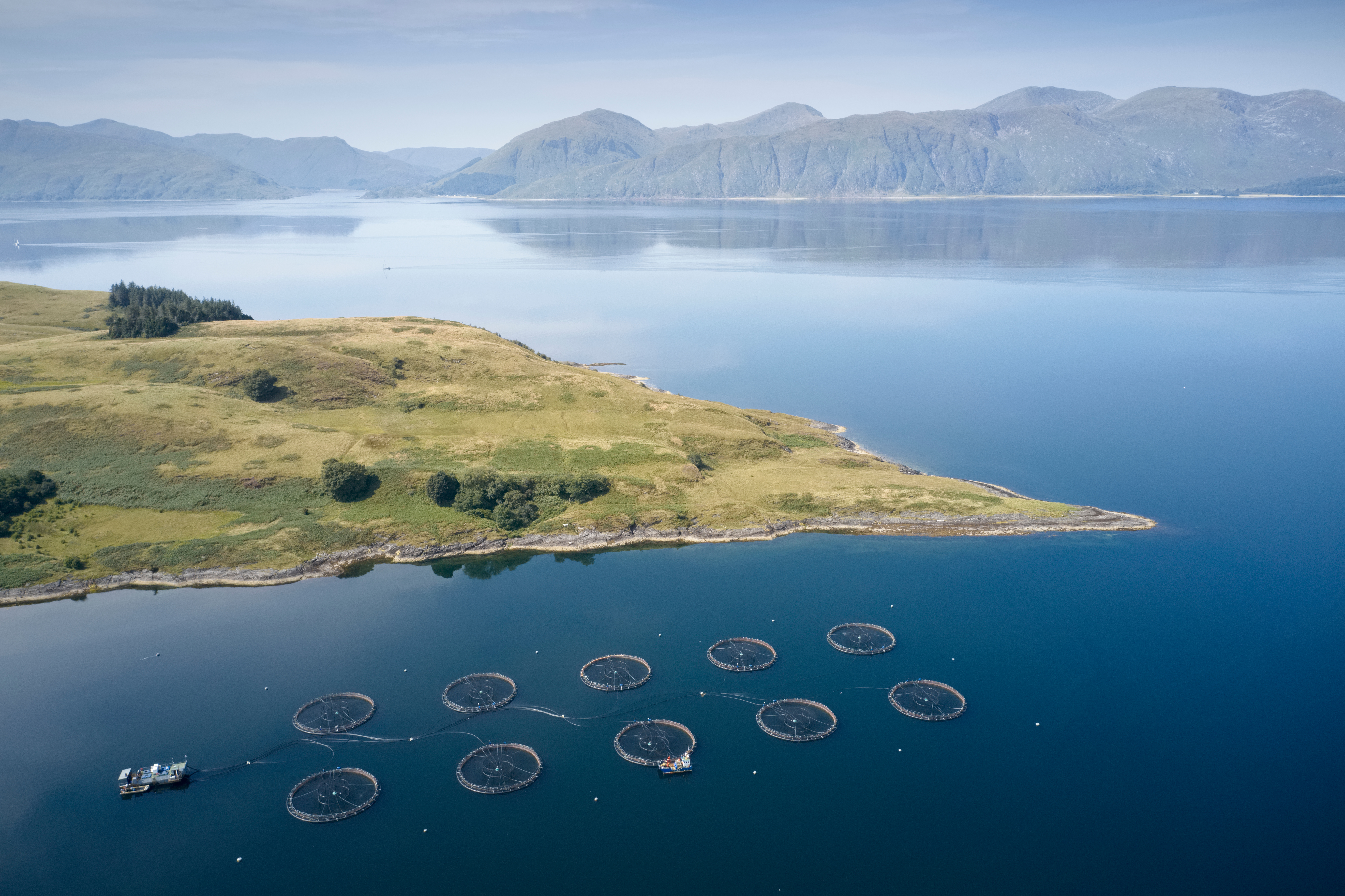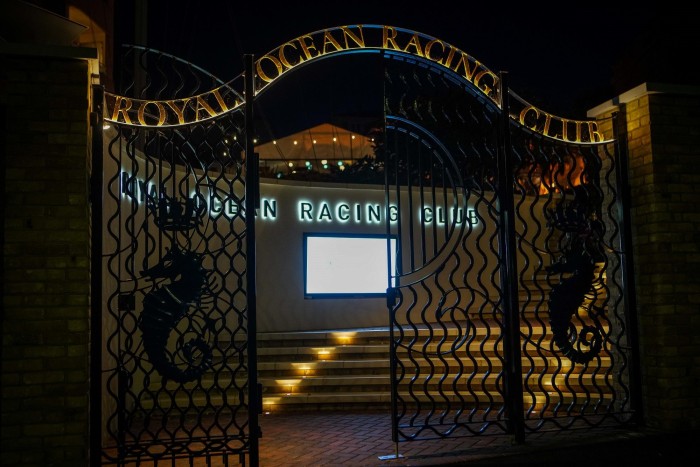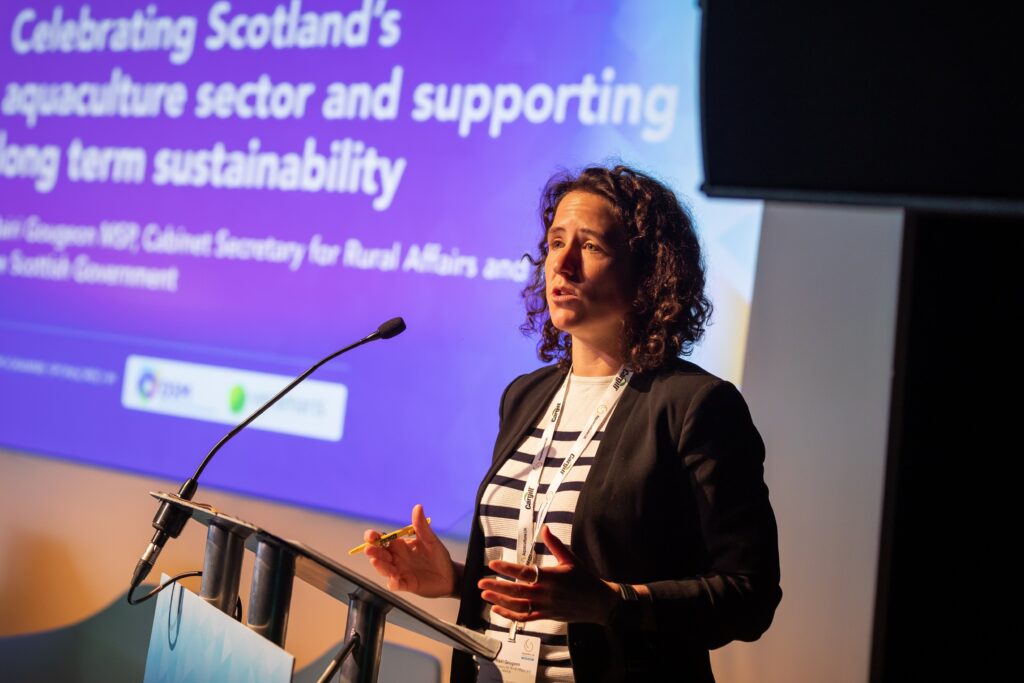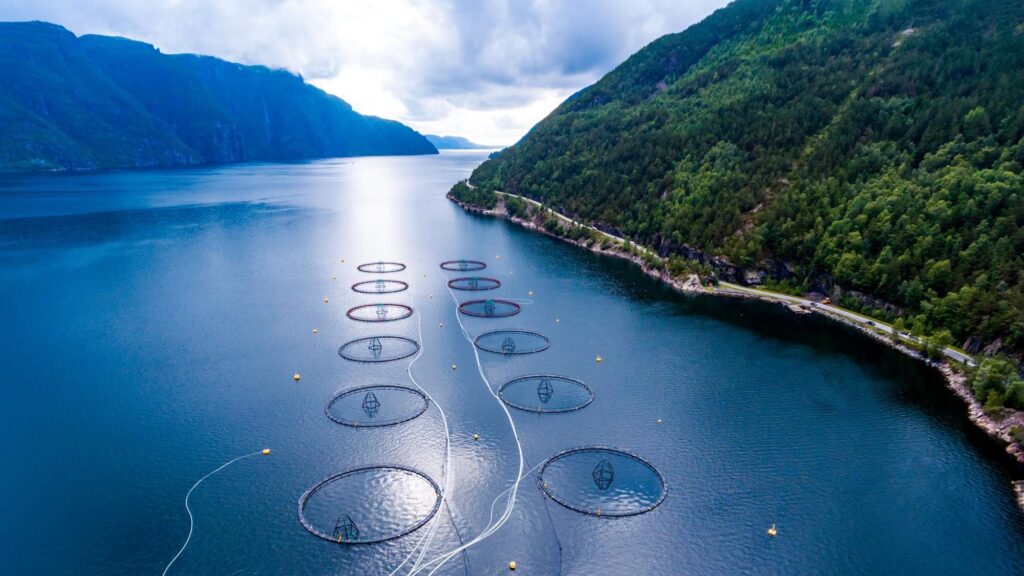Latest News
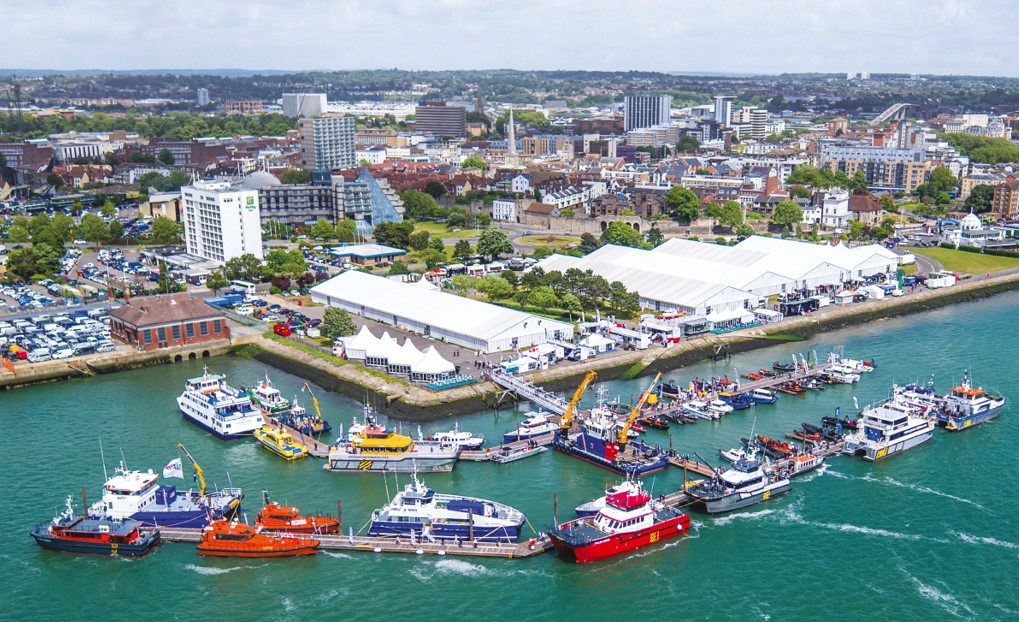
Princess Royal to open Seawork trade show
HRH The Princess Royal will officially open the Seawork trade show and conference on Tuesday 11 June 2024, marking the 25th edition of Europe’s leading commercial marine exhibition. The Princess Royal has visited Southampton many times, however, this will be...

US seafood industry calls for aquaculture funding
US lobby group Stronger America Through Seafood (SATS) is officially requesting that funding for offshore aquaculture be approved by Congress. SATS has submitted a letter to the Chair of the Senate Subcommittee on Commerce, Justice, Science and Related Agencies, calling...
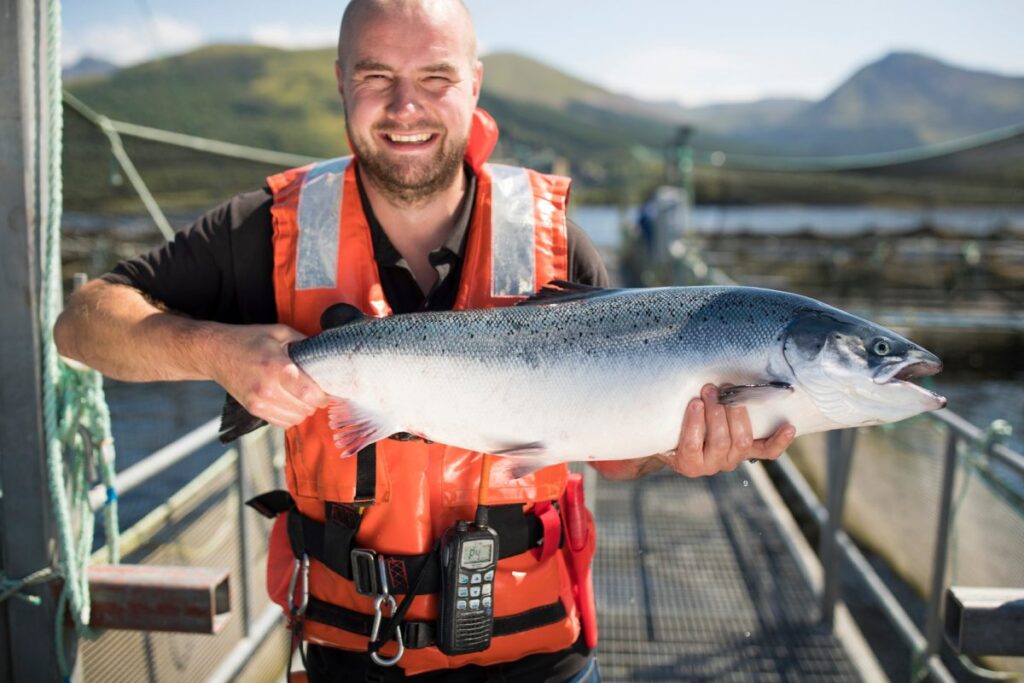
Mowi raises millions in green bonds issue
Salmon giant Mowi has successfully raised around £255m (€298m/NOK 3.5bn) in green bonds. Mowi said green bond finance will be used for sustainable and environmentally friendly projects as defined by Mowi's Green and Sustainability-Linked Financing Framework. It added: “The entire...
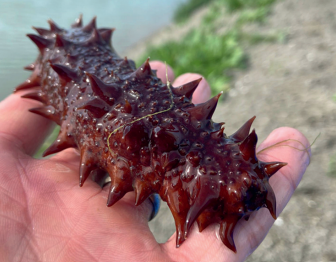
Spike in demand
Sea cucumbers may not look too appetising to the Western consumer, but their potential in the export market is huge, Robert Outram finds In a series of man-made lagoons in the Bahía de Cádiz Natural Park in southern Spain, a...
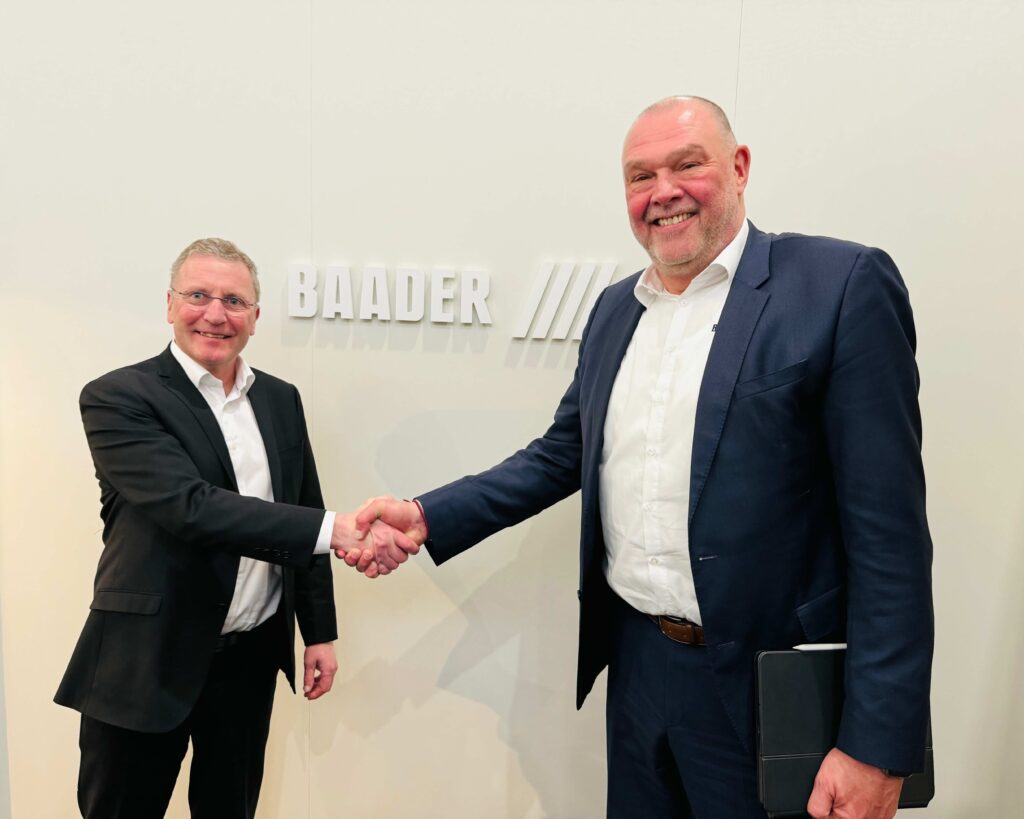
BAADER wins contract for Grieg’s new seafood centre
Seafood processing specialist BAADER has won a major contract to fit Grieg’s new seafood centre with a state-of-the-art filleting system. The deal was announced today at the trade show Seafood Expo Global/Seafood Processing Global in Barcelona. BAADER will supply processing...
NEWSLETTER
Stay in touch with the latest developments from Fish Farmer and subscribe to our online updates
What's New
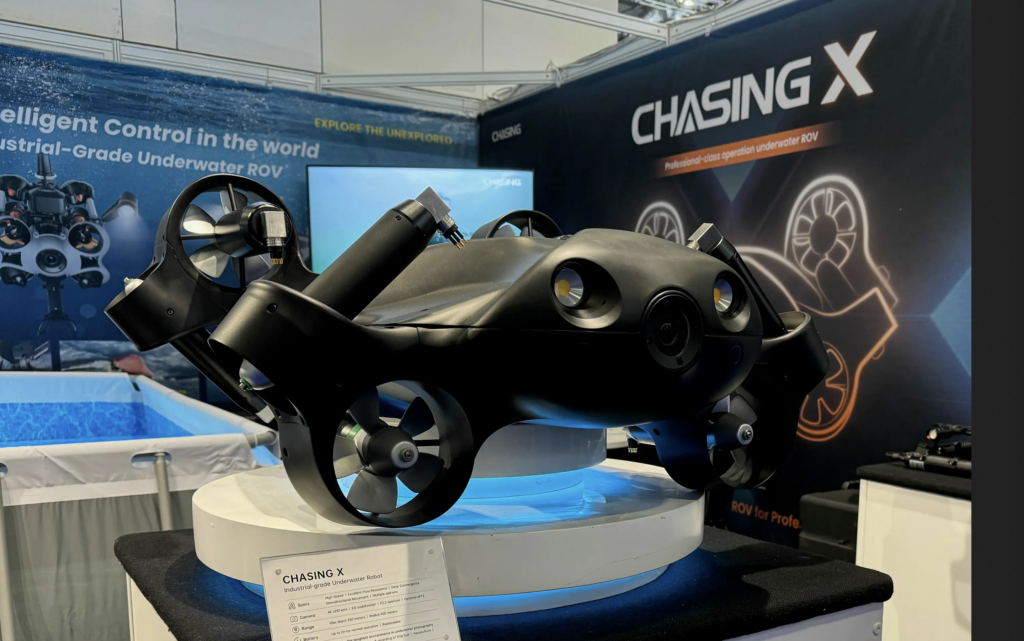
AlphaGeo promotes Chasing’s versatile ROVs
Marine services business AlphaGeo UK will be at Aquaculture UK this May, promoting the versatile range of remotely operated vehicles (ROVs) from China’s Chasing Innovation Tech Company, including the Chasing...
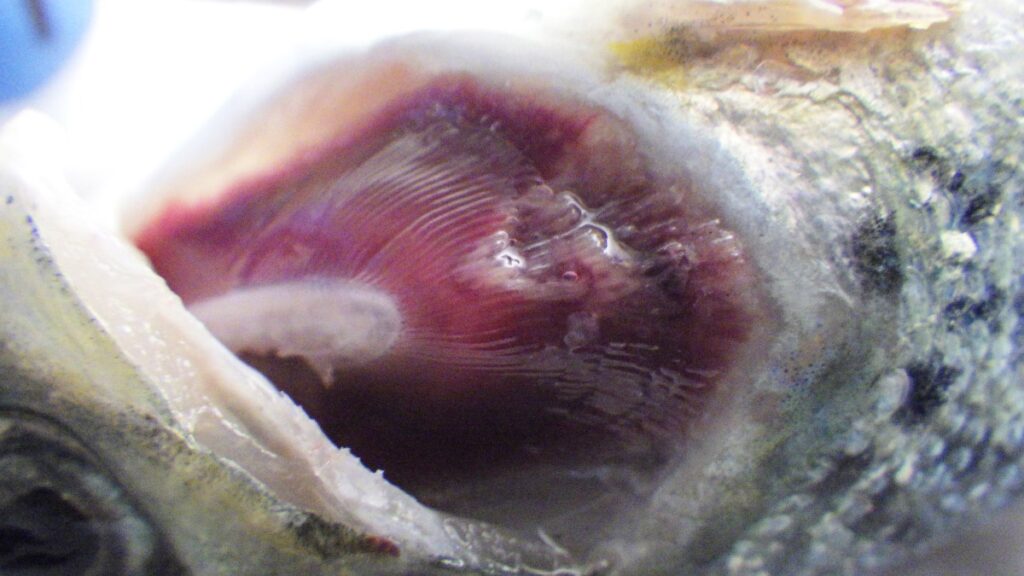
Tenacibaculosis – an alternative approach
The Center for Aquaculture Technologies Canada has launched a tenacibaculosis model to assist farms in combating growing disease challenges In 2023, the Norwegian salmon industry experienced the loss of 62.7...
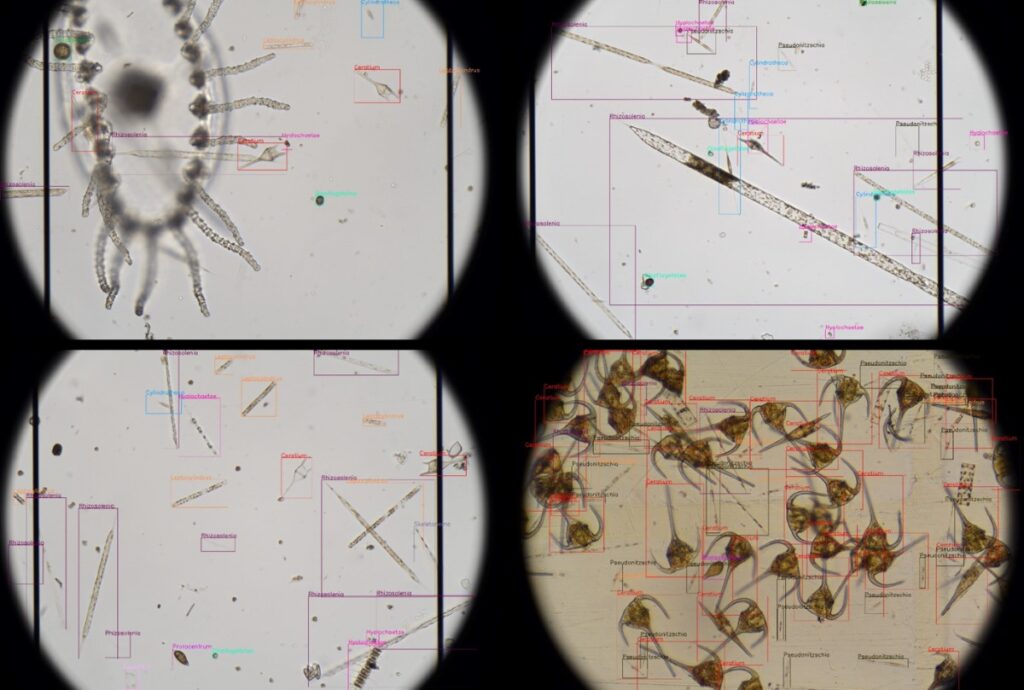
Revolutionising aquaculture safety
OTAQ introduces LPAS to combat harmful algae blooms: a game-changer in aquaculture monitoring Within the aquaculture industry there are increasingly frequent reports of Harmful Algal Blooms (HABS) being responsible for...

BIO-UV and Pinnacle in partnership for ozone treatments
BIO-UV Group has entered into an exclusive partnership agreement with US-headquartered Pinnacle Ozone Solutions to leverage the company’s QUADBLOCK Ozone water treatment products in Europe, Middle East, Africa and Asia. ...
Jobs

Marine Engineering Technician, Bakkafrost
At Bakkafrost Scotland we see things from a FRESH perspective. And you can join us. The Marine Engineering Technician will work as directed by the Engineering Manager, across our Marine...
Features

Spike in demand
Sea cucumbers may not look too appetising to the Western consumer, but their potential in the export market is huge, Robert Outram finds In a series of man-made lagoons in...
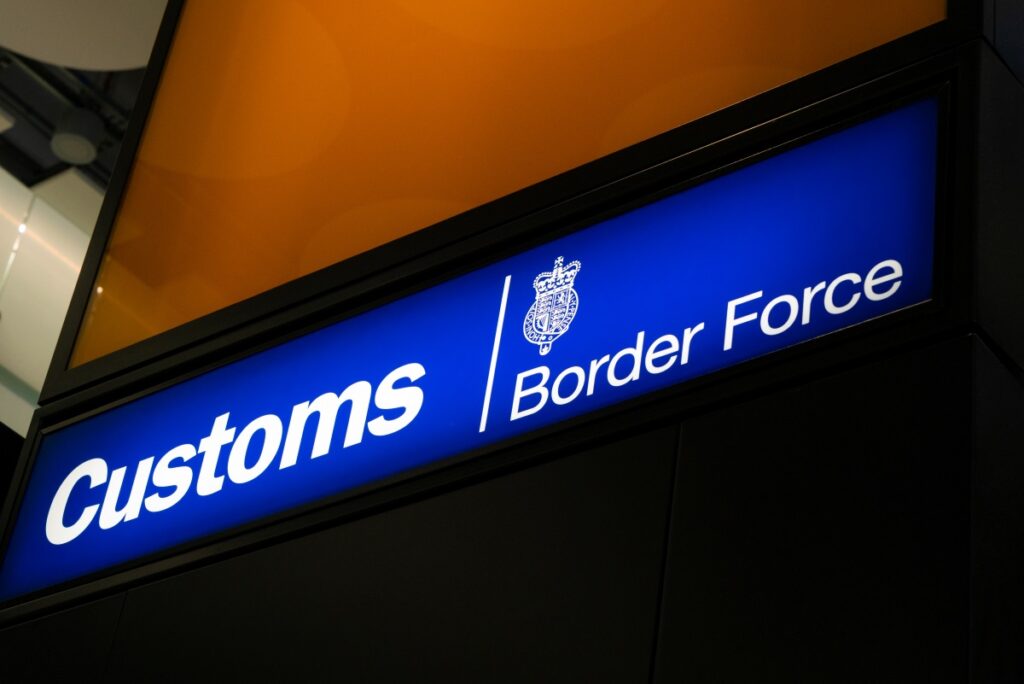
Taking back control
Physical checks on plant and animal products imported from the EU into the UK will start from 30 April. Will the UK’s seafood exporters feel that they have a level...
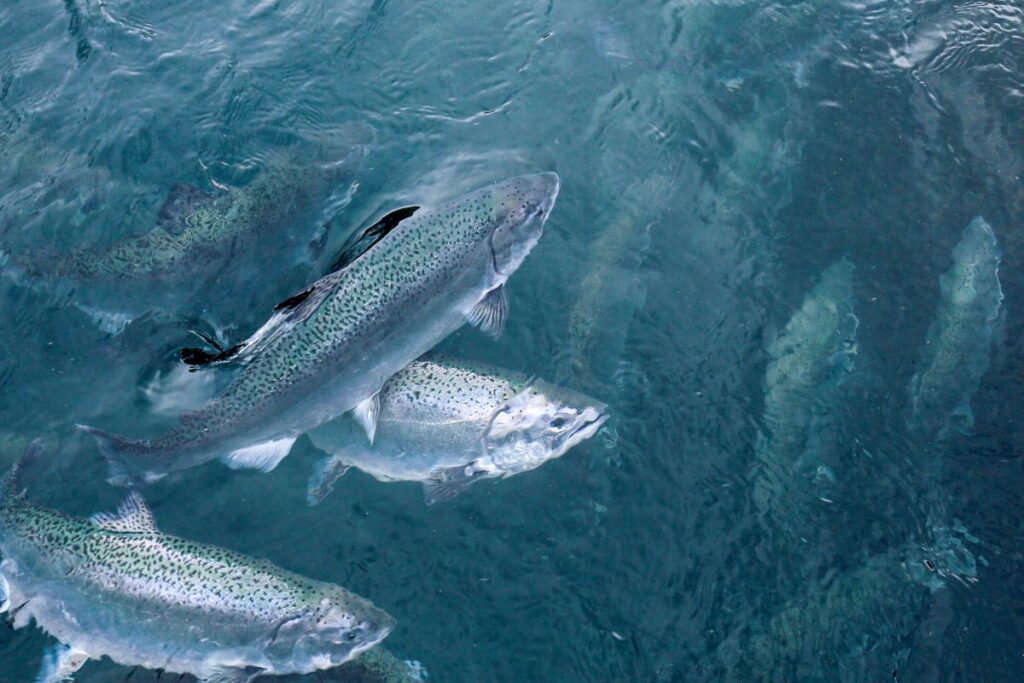
Stark numbers
The latest report from the Norwegian Veterinary Institute indicates that the industry is still failing to get a grip on salmon and trout mortalities. Vince McDonagh reports The figures are...

Can you fillet?
Norway’s ban on the export of ‘inferior’ quality salmon is being challenged by the countries who want to process it, reports Vince McDonagh Is Norway heading for a potentially damaging...
Opinion
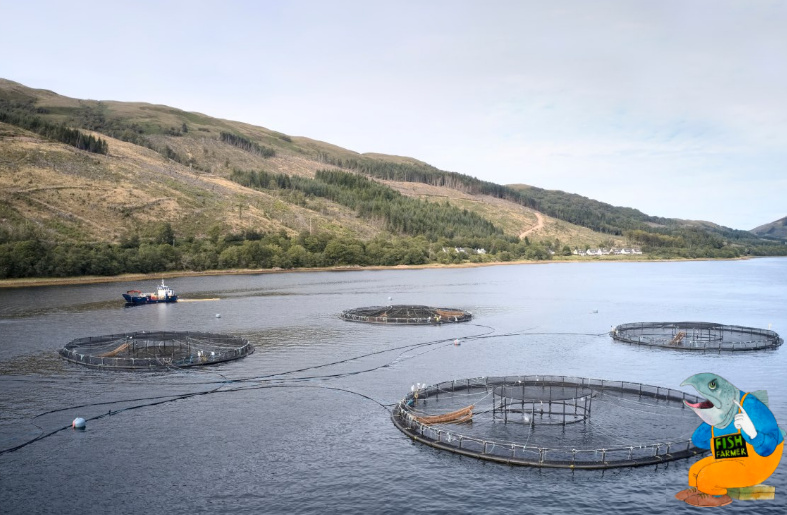
The speed of reaction
Opinion piece by Nick Joy I admit that my mind might not be quite on the job at the moment. Coming back from Sicily by car has been quite an...
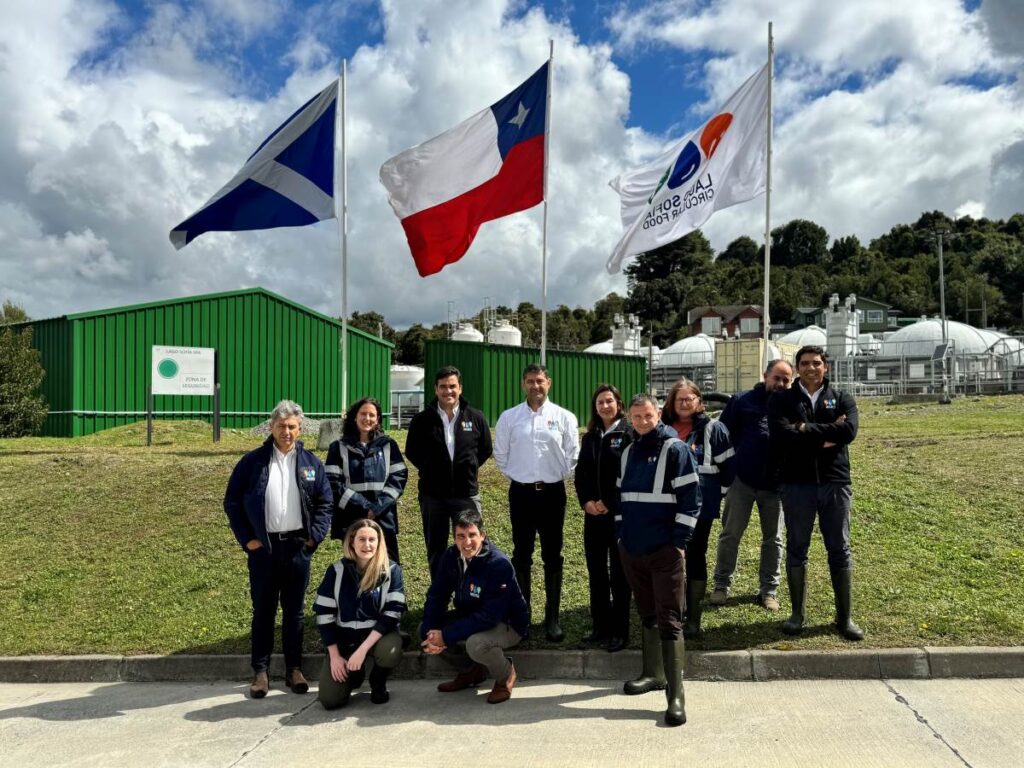
Southern exposure
Scotland was well-represented at the Aquasur trade show in Chile, as Mairi Gougeon reports I have recently returned from an official visit to Chile, promoting Scotland’s aquaculture sector and exceptional...
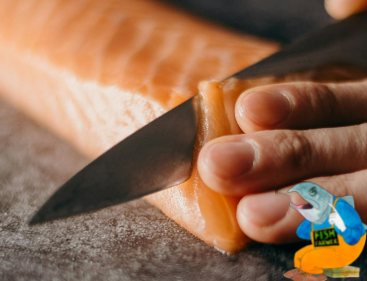
Why we need exports
By Nick Joy Travelling to Europe is a wonderful thing for widening the mind but also reminding me how much we continue to depend on the good taste of our...
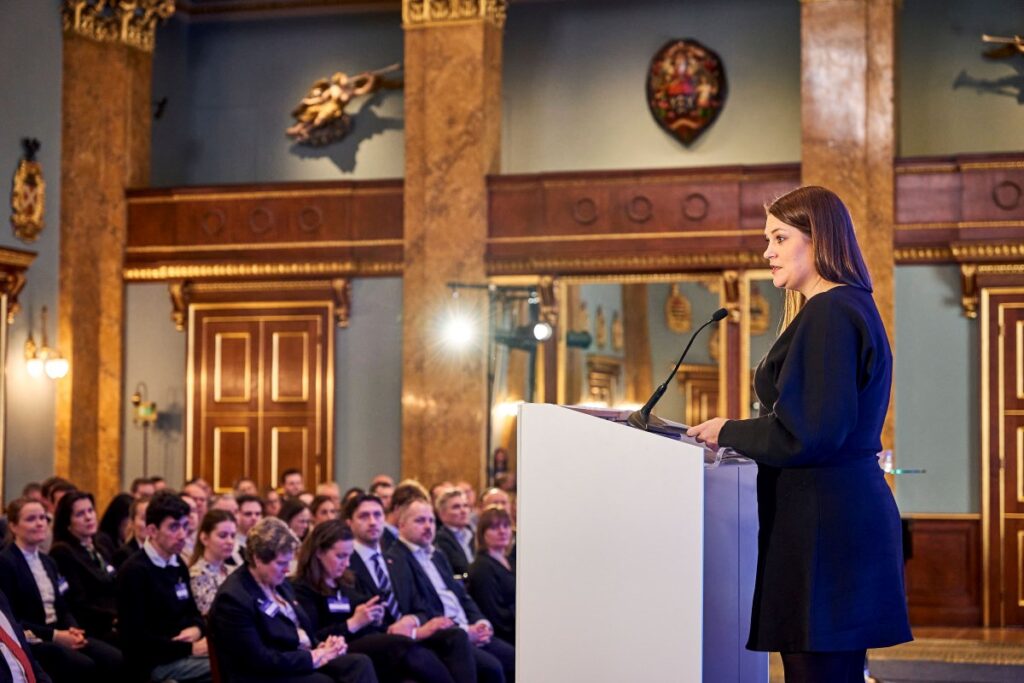
Building up an appetite
How to persuade UK consumers to eat more seafood was a key issue at the Norway-UK Seafood Summit, reports Dr Martin Jaffa At the end of February, Norway came to...
Events

Nothing beats getting together in person
Aquaculture industry companies and suppliers are looking forward to the sector’s biggest trade show in the UK As the UK’s leading trade show for the fish farming industry, Aquaculture UK...
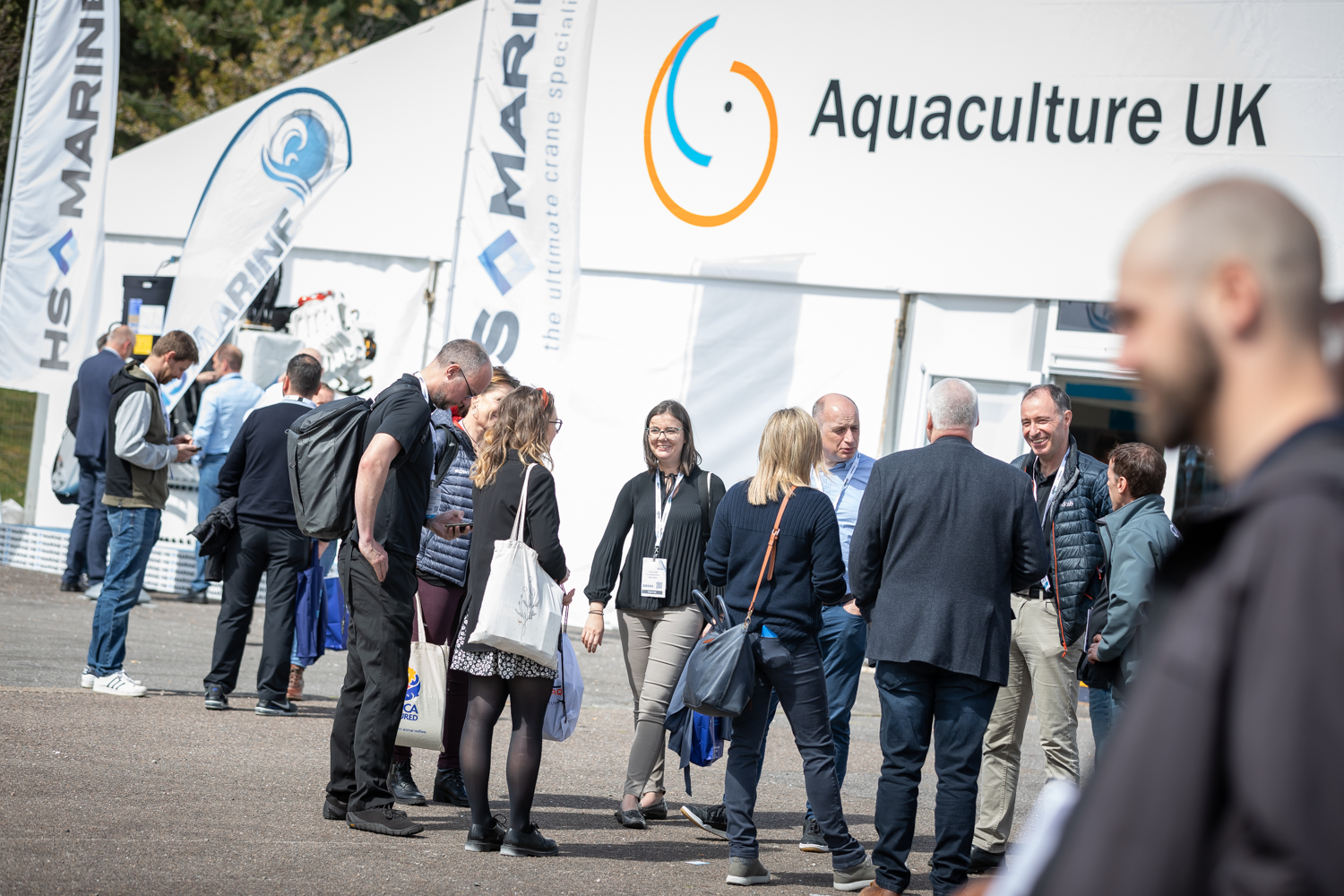
Packed programme for Aquaculture UK’s new Innovation Theatre
Aquaculture UK has unveiled the programme for its first ever Innovation Theatre, with presentations running in parallel with existing Keynote Theatre. The trade show and conference will be held over...
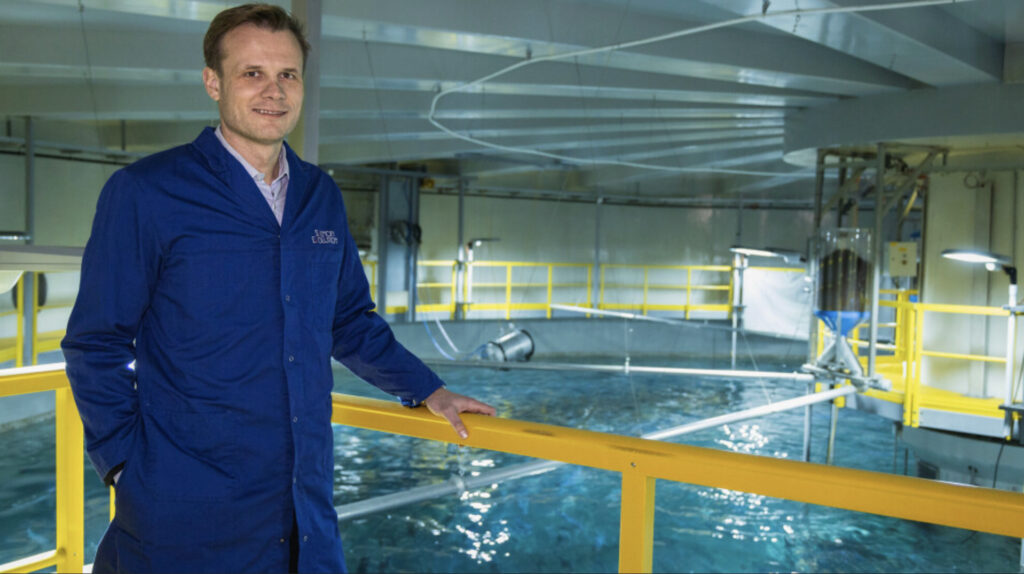
Data will drive the fish farm of the future
As technological advancements continue and costs become more accessible, how are traditional and modern fisheries adopting data-driven approaches and intelligent systems into their production processes? This will be one of...
NEWSLETTER
Stay in touch with the latest developments from Fish Farmer and subscribe to our online updates



